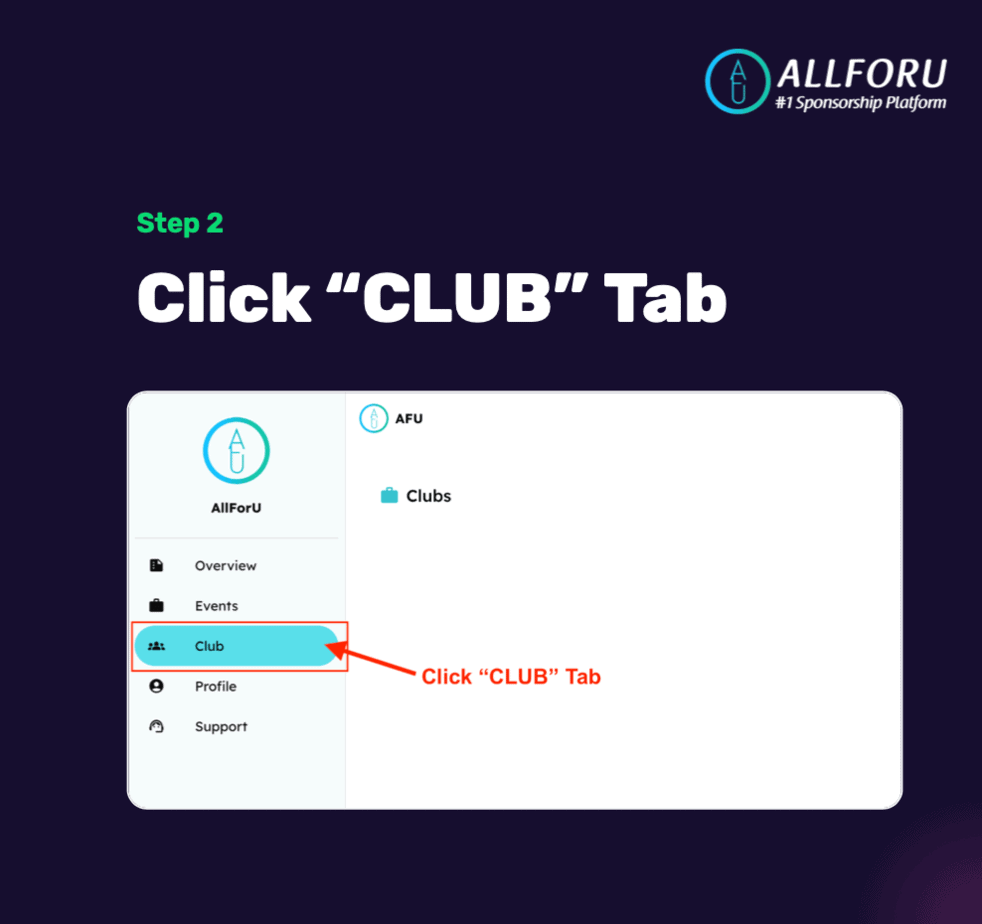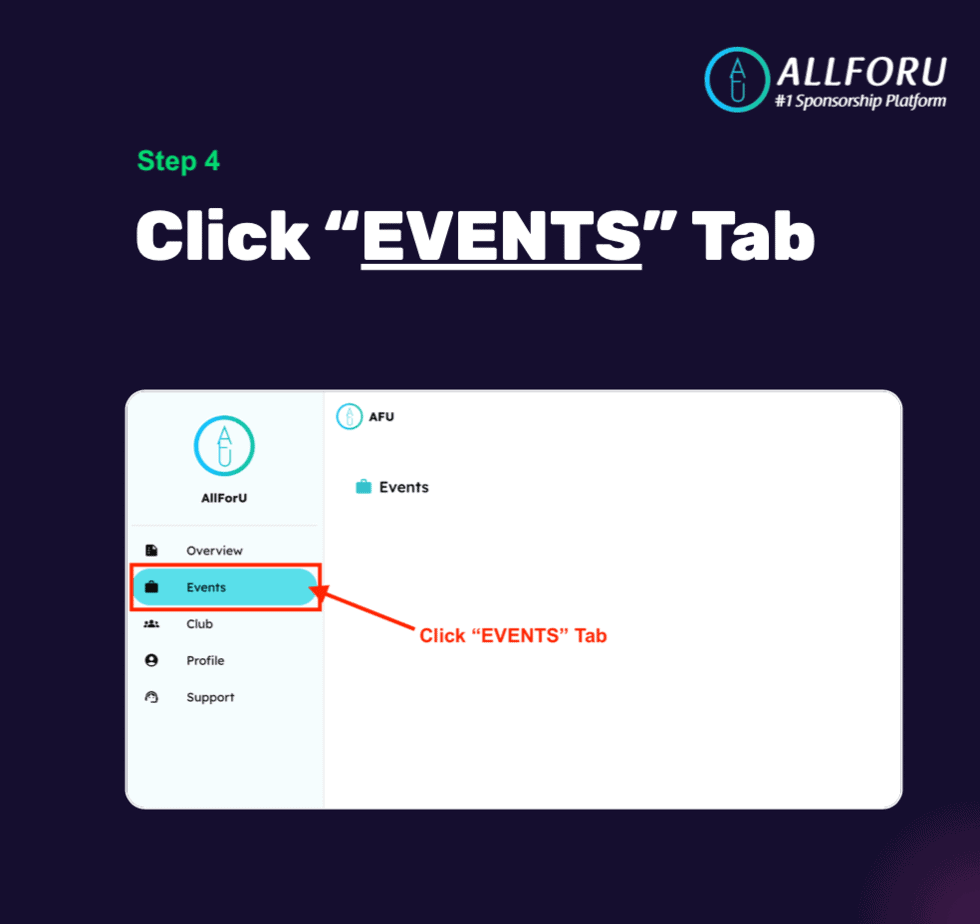Let your friends know what you read!
On 3 April 2020, Prime Minister Lee Hsien Loong gave an update on the COVID-19 situation in an address to the nation, in which he announced significantly stricter measures in what he termed as a “decisive move” to pre-empt escalating infections.
If life hasn’t already been greatly affected, this announcement will definitely make changes to ones lifestyle. From Wednesday, 8th April 2020 onwards, schools and higher learning institutes will all be closed and move fully to home-based learning. Classes will only resume on 5th May 2020. Like wise, all businesses, social or other activities that cannot be conducted through telecommuting from home will be suspended. This means that most physical workplace premises will be closed, except essential services and those in economic sectors critical for local and global supply chain.
Learning and working from home may seem like the only great bonus that comes with this tragic pandemic since there is no one to supervise you. However, one may be subjected to distractions due to comforts of our own home – for example, wanting to ‘nua’ in bed longer or Netflix tempting you to click on to the next episode of the hottest k-drama; before you know it, it’s the end of the day and you haven’t gotten anything done.

You don’t want to end up being like this cat do you?
SO, we are here to help you. Here’s some of our quick tips for studying/working from home.
Plan things out
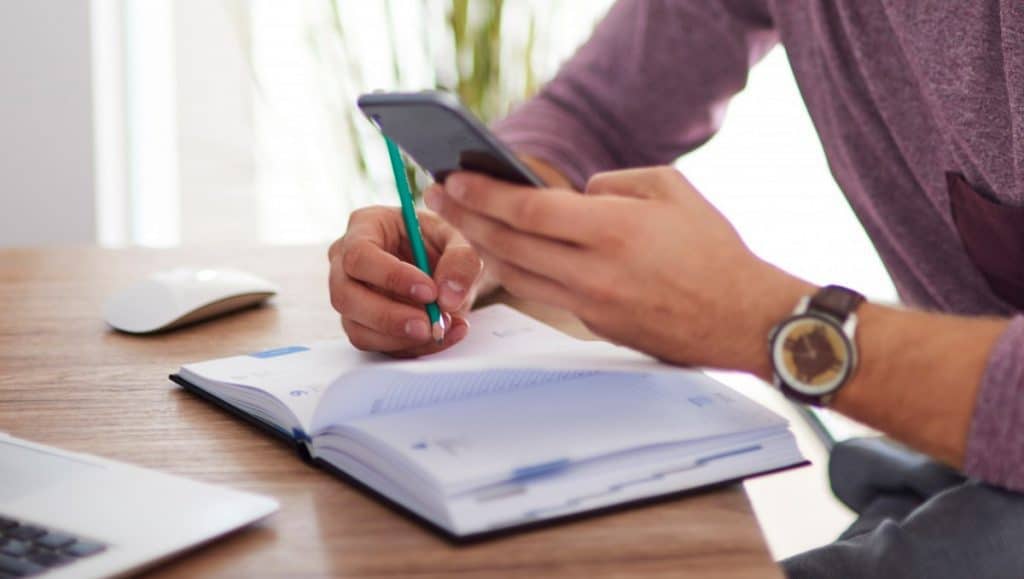
When working from home, you’re your own personal manager. Without things like an in-person meeting scheduled or an actual class timetable to follow to break up your day, you can be quick to lose focus or burn out (That’s if your online classes are pre-recorded). So, plan out your day OR week (whichever floats your boat). You can make these as specific as you’d like; basically, structure your day like you would in the office or in school.
Get started early

When going to school or work, your morning commute can help you wake up and feel ready to learn by the time to reach school or office. At home, however, the transition from your fluffy blanket and pillow to your desk may be much more painful.
Believe it or not, one way to be productive at home is to dive straight into your to-do list as soon as you wake up. Simply getting an assignment or project started first thing in the morning can be the key to making progress on it gradually throughout the day. This minimises the tendency to procrastinate.
Choose a dedicated workspace
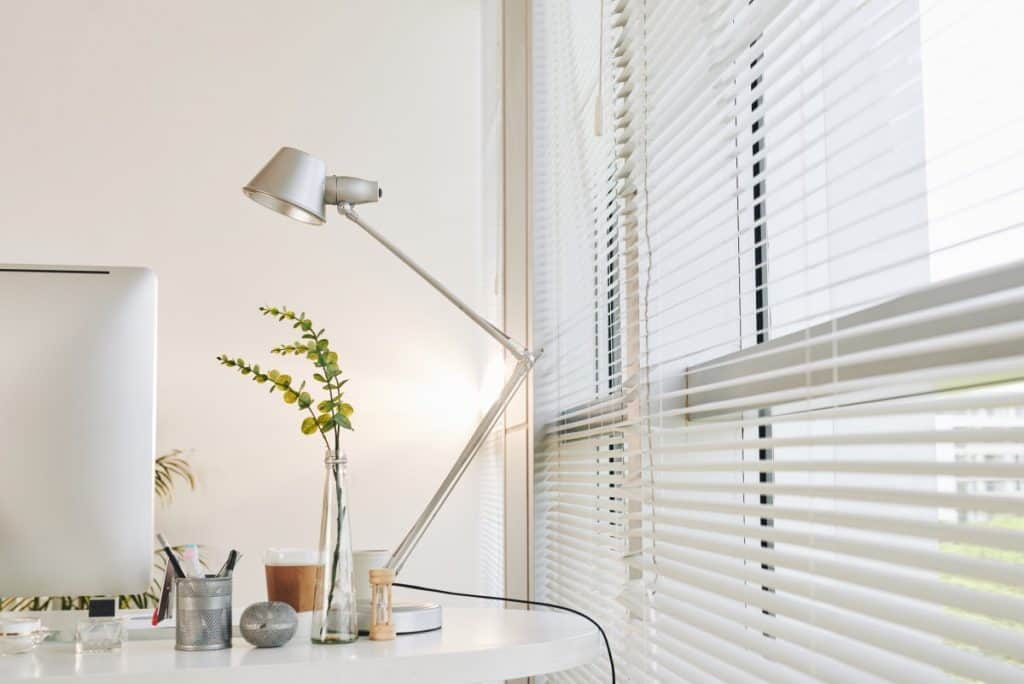
When we say that, we don’t mean laying in bed all day to do your work. That clearly won’t work out because you’ll just end up falling asleep… Or if you do that too often, you won’t be able to fall asleep in bed when you actually need to.
Just because you’re not in a classroom environment or the library doesn’t mean you can’t have productive workspace. Confine your workspace to a specific area in your home so you won’t intrude into the lives of other household members and you can concentrate.
Make sure that you’re putting yourself in a good position so that you’re not straining your body either. You can use a laptop stand to prop your laptop up to eye level and reduce strain on your neck. If needed, prop a pillow at your back to help maintain proper body alignment.
Smart use of social media

Social media is designed to make it easy for you to open and browse quickly but before you know it, you may be sucked into the deep dark hole and spend hours scrolling. This convenience can be the detriment of your productivity.
If you want to go on social media, do it during meal times – or limit yourself to the 15 minutes after your meals that you can’t work just yet. So that it doesn’t make you feel like you’re wasting time.
Match your music to the task at hand and block out other noises
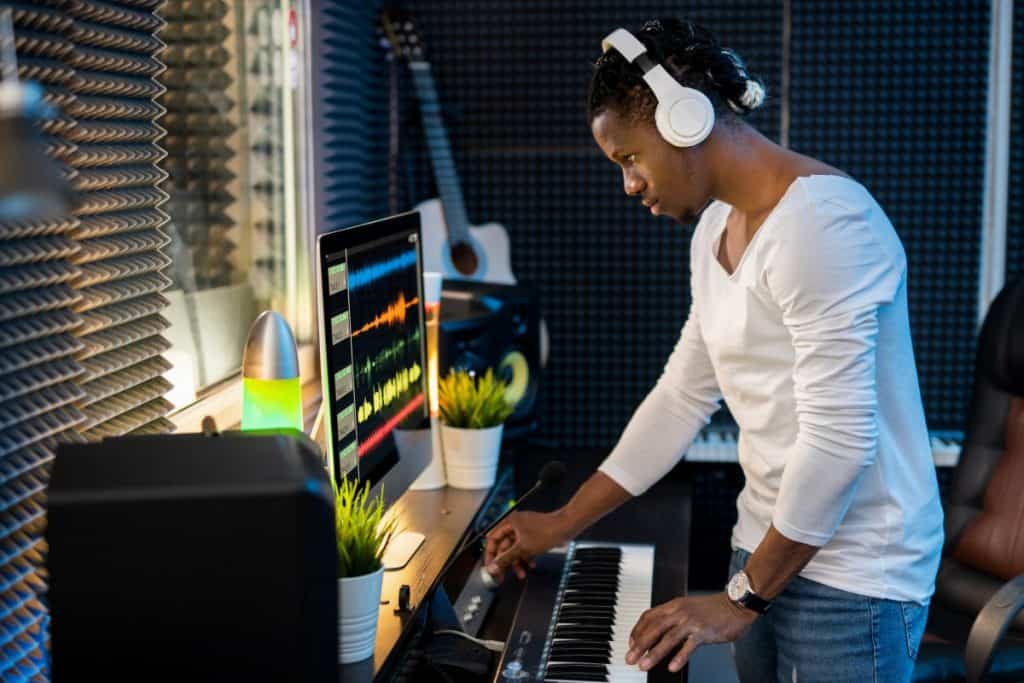
If its an available option, use noise cancelling head phones or ear buds. Studies have shown that a delicate blend of soft music combined with soothing nature sounds – i.e. Waterfall, raindrops, ocean waves activates the calming part of your brain and helps you concentrate while simultaneously lowering heart rate and blood pressure.
Or diversify your playlist that matches the energy of the project that you’re working on. For example, if you’re powering through your inbox, you can try some intense and catchy R&B/Rap. Find the music that motivates and focuses you for different task.
Lastly, take clear breaks.

Staying seated at your desk for hours straight isn’t going to help you mentally or physically. Don’t let the guilt of studying or working in your living space prevent you from taking 5 to relax. Rather than just turning on YouTube and watching some comforting clips, use these breaks to get away from your desk. Take a walk around your home, make some coffee, or spend a few minutes chatting with your household members!
Feel free to share what works for you in the comments. The current situation may be unpleasant and uncertain but all we can really do now is to keep moving on with our lives and take good care of ourselves as well as those around us! Lets try to make the best out of this because at the end of the day it is a new experience for all of us. Followed any of the advice above? Tag us on Instagram (allforu_sg) to be featured on our page!
All images in this article are from Envato Elements




